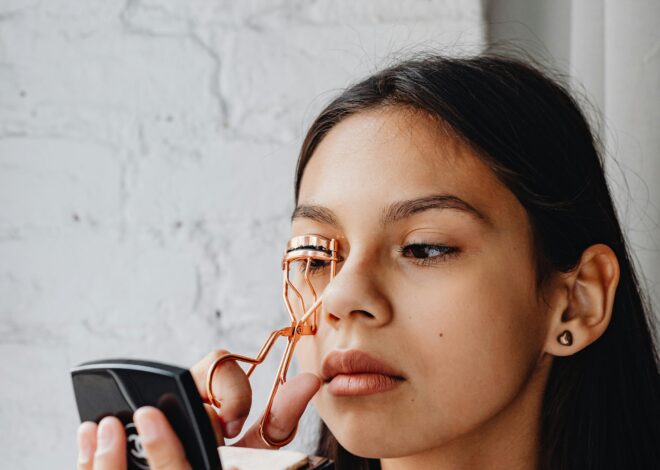Vitamins to Take to Make Hair Grow Faster
Whether you’ve noticed a slowing of hair growth, have an event calling for an upswept do or just want to try out some of the newest long hairstyles, vitamins can come to the rescue. Dr. George Obikoya said in the article “Vitamins for Your Hair,” published on the Vitamins and Nutrition Center website, that “certain vitamins and minerals must be present in adequate proportions or there will be faulty or nonexistent hair growth.” Because so many of us don’t receive enough of these vital nutrients, supplemental vitamins can boost the growth rate for hair.
B Vitamins
Proper levels of B vitamins help you maintain vigorous locks. Several of the vitamins take part in hair growth and, as a bonus, keep skin healthy. Some B vitamins to use include B-2, B-6, B-3, folic acid and B-12. The B vitamin group provides many functions in the body, such as hormone synthesis, red blood cell production and working as an antioxidant. Obikoya recommends a dosage of 50 mg of a B-complex vitamin and 50 mg of B-6 for hair growth. Foods that contain B vitamins include asparagus, spinach, chicken, cheeses, broccoli, salmon, avocado and skim milk.
Biotin
Vitamin H, while a part of the B-complex group, commonly goes by the name biotin. According to the University of Maryland Medical Center, biotin may improve hair. The vitamin has several jobs in the body, from metabolizing amino acids to promoting cell growth. Since keratin protein metabolism involves the use of amino acids, the amount of biotin can affect hair growth. The medical center recommends a daily intake of 30 mcg. While you can take supplements for biotin—some B-complex supplements also contain biotin–you can also find it in certain foods. Bananas, nuts, eggs and whole grains all contain the vitamin. Possible interactions can occur with antibiotics and anticonvulsant medications, so speak to your health care provider before taking supplemental doses.
Vitamin A
Vitamin A helps the body maintain and develop healthy hair. Also known as retinol, the vitamin has other benefits, such as delaying signs of aging. Beta-carotene, found in carrots, sweet potatoes and mangos, acts as an antioxidant and converts into vitamin A. You can find retinol in foods, as well, including eggs, milk and butter. You probably don’t need to supplement with vitamin A. Most people get enough from their dietary intake. If you feel that you need supplements, contact your medical professional for advice to avoid toxicity. The recommended dietary allowance for vitamin A differs for men and women. Women should take in 700 mcg and men require 900 mcg.




